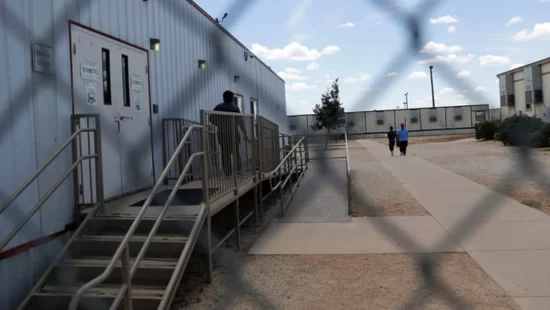Gradual wage increase boosts family stability, enhances employee satisfaction, and positions Los Angeles’ hospitality sector for long-term Olympic success
The Los Angeles City Council’s recent decision to increase the minimum wage for hotel and airport workers to $30 an hour by 2028 is being met with both celebration and criticism. While some hotel operators warn of economic fallout and threaten to withdraw from 2028 Olympic lodging contracts, the broader picture tells a different story—one of improved living standards for workers, potential gains for the hotel industry, and a more sustainable local economy.
For thousands of hospitality workers in L.A.—many of whom are parents, immigrants, and long-time residents—the gradual wage increase represents more than a raise; it’s a lifeline. With living costs in L.A. among the highest in the nation, a $30 hourly wage brings workers closer to financial stability. For example, according to the MIT Living Wage Calculator, a single parent in Los Angeles County needs to earn nearly $49 an hour to meet basic needs. For a two-income household with one child, the minimum sustainable wage per adult is about $27.
Brenda Mendoza, a housekeeper at the JW Marriott L.A. Live and a Koreatown native, commutes nearly 200 miles roundtrip daily with her husband to keep working in L.A. “We want to be paid enough to live where we work,” she said. This ordinance won’t solve the housing crisis overnight, but it’s a step toward allowing more families to afford to live in the communities they serve.
Despite dire warnings from hotel operators and industry groups that the wage hike will lead to layoffs, project cancellations, and even hotel closures, the data and historical trends paint a more optimistic future.
After strikes led by UNITE HERE Local 11 last year, union contracts were signed with more than 60 hotels. These agreements already set many room attendants on track to earn $35 per hour by 2027—years ahead of the ordinance’s schedule. These hotels also agreed to restore staffing to pre-pandemic levels and resume daily room cleaning, a sign that profitability and higher wages can coexist.
Moreover, economist David Roland-Holst, commissioned by the city, found no empirical evidence of widespread job losses due to minimum wage increases in California. His analysis suggested that hotels could absorb the wage hike by raising rates approximately 6% and that the policy could ultimately lead to the creation of 6,000 full-time jobs by 2028.
Beyond the financials, investing in workers pays dividends for businesses. Studies consistently show that well-paid, satisfied employees lead to:
- Higher productivity
- Lower turnover and training costs
- Improved customer service and guest satisfaction
- Better workplace morale and teamwork
- Stronger brand loyalty and reputation
In a city preparing to host global events like the 2026 FIFA World Cup, the 2027 Super Bowl, and the 2028 Olympics, a stable and motivated hospitality workforce is not a liability—it’s a necessity.
While some investors may hesitate, citing labor costs, others recognize opportunity. Marriott executive Javier Cano put it simply: “There are always opportunities in L.A.” High interest rates and construction costs—not wages—remain the true bottlenecks for development.
As the wage increase rolls out incrementally over the next four years—starting with a rise to $22.50 in July 2025—L.A. has a chance to model a balanced approach to tourism, economic equity, and growth.
By raising the floor for workers, the city is not only acknowledging the value of its labor force but also paving the way for a stronger, more inclusive hospitality sector.








